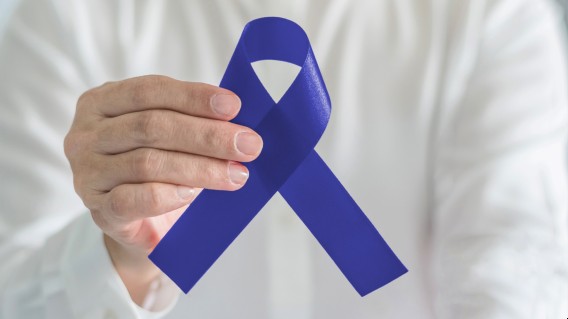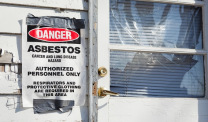Mesothelioma Awareness Increases Options for Survivors
Awareness & ResearchWritten by Emily Ward | Edited By Walter Pacheco

When I started my nursing career in the 1960s, we did what we could to keep our heads above water. After graduation, you’re still learning and soaking up experiences wherever you can.
Unfortunately, back then there was almost no focus on cancer awareness when I was working in obstetrics.
Later, I worked as a nurse in cardiac care, learning more about heart and lung diseases. Still, there was little mention of mesothelioma or other rare cancers. It wasn’t until I began working in a family practice that I realized how cancer awareness can impact a patient’s life.
You see all kinds of cases across more age groups at a general practitioner’s office. Too often, we don’t understand the impact of an issue until we have experience with it. Mesothelioma awareness can get ahead of that problem. Getting the word out and making people aware of the disease creates opportunities and saves lives.
With pleural mesothelioma, you often don’t get a diagnosis until you’ve seen several doctors. You’ve probably seen your primary care doctor for a cough or fatigue. They’ll run tests and might refer you to a respiratory specialist. Only once you’ve had a biopsy and get the results do you know if you have mesothelioma.
Mesothelioma Awareness Saves Precious Time
If you’re like me, the call with your biopsy results might be the first time you really think about what the word mesothelioma means. After I heard the results, I knew I had something unusual. I hung up the phone and started researching.
Before my biopsy, I had a family practitioner, thoracic surgeon, internist and pulmonologist scratching their heads about what was causing my cough. It took months to figure out I had fluid in my chest and a collapsed lung. All the while, I was still driving and going to work.
One benefit of mesothelioma awareness is that it helps shorten the time until you get an answer. The more people know about the disease, the better the chance you or your doctor might consider it earlier. An early mesothelioma cancer diagnosis means you have more treatment options, a better prognosis and a greater chance at survival.

Gain access to top mesothelioma doctors and get help scheduling appointments.
Connect NowWhen Awareness Works, People Take Notice
My asbestos exposure happened sometime in the 1970s when I was working at a hospital in Maine. There was ongoing construction in the halls where we walked to work. Twice a day, I would walk through unfinished halls, oblivious to potential hazards.
I was also working in obstetrics, constantly using baby powder with a talc cancer risk. I wasn’t aware of the potential exposure to asbestos and toxic dust all around me.
The power of mesothelioma awareness is that it makes people sit up and take notice. Someone who knows about mesothelioma might avoid a renovation project on an older home or call an expert before changing the brakes on an old car.
Most importantly, people exposed to asbestos at work will know the importance of safety. Mesothelioma awareness could protect private contractors from taking on dangerous jobs outside their scope.
Demolition crews, first responders and everyone who might encounter asbestos should be aware of the dangers of developing mesothelioma and other cancers.
Awareness Opens Doors to Better Mesothelioma Treatment
Shortly after my diagnosis, I connected with nurse Karen Selby and the other Patient Advocates at The Mesothelioma Center. They ensured my records and referrals were going to the right place and got me set up with Dr. David Sugarbaker at Brigham and Women’s Hospital in Boston.
Mesothelioma events that expand awareness include races, fundraisers and other campaigns such as Mesothelioma Awareness Day, held annually on Sept. 26. Spreading the word means we’re opening the doors for patients to find services that connect them to the specialized mesothelioma treatment they need. Awareness helps patients understand the breadth of their options, such as clinical trials and immunotherapies.
I never took care of a mesothelioma patient during my time as a nurse. I also never knew anyone in my personal life who had the disease. If I had, my doctors and I might have known what to look for earlier. My providers in Maine didn’t see mesothelioma on my imaging scans. Dr. Sugarbaker and the specialists in Boston recognized it right away.
Raising awareness isn’t just crucial for patients and their families. It also helps doctors who have never treated patients with the illness. Mesothelioma awareness might cause a doctor to look a little deeper when examining a patient or maybe ask just a couple more questions.
Getting the word out about mesothelioma can drastically improve the prognosis for someone with a new diagnosis. Patients need to advocate for themselves, be persistent and not take no for an answer. Mesothelioma awareness could push a patient in doubt to take action, ask questions, find a specialist and get a proper diagnosis.






